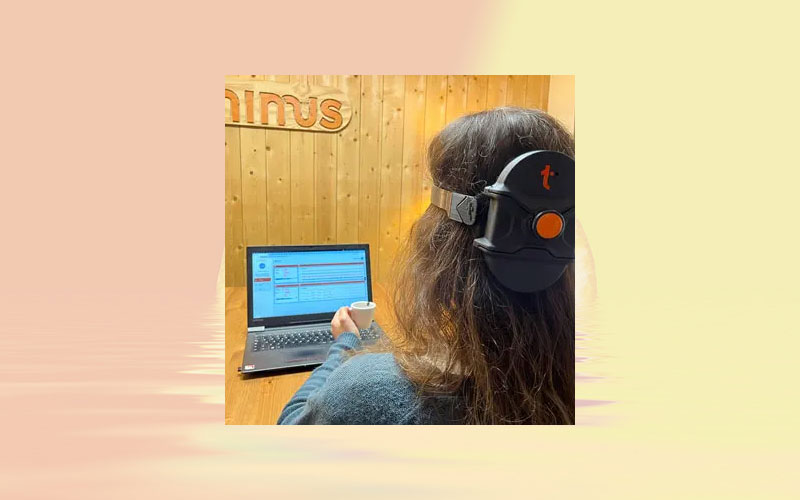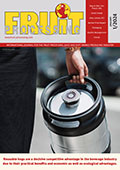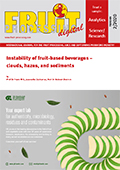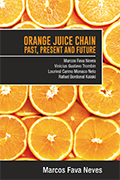Givaudan and Thimus advance understanding of consumer preferences through neuroscience
Givaudan announced an agreement with neuroscience company Thimus, the developer of the exclusive TBox platform that provides an integrated collection of explicit and implicit data for exploring how humans experience food.

Collaboration will unlock food emotions and offer a new window into the consumer mind
Givaudan announced an agreement with neuroscience company Thimus, the developer of the exclusive TBox platform that provides an integrated collection of explicit and implicit data for exploring how humans experience food. Givaudan’s collaboration with Thimus is the first extensive use of the TBox platform in the world of food, resulting in Givaudan’s new programme, Food Emotions powered by Thimus. The agreement adds to Givaudan’s growing set of digital capabilities designed to deliver unique consumer insights and shape the future of food.
Food products are being redesigned to meet new expectations and sustainability, health, quality and emotion are crucial considerations in this re-invention. Understanding and responding to consumer preferences has never been more important, but there’s often a gap between what consumers say and their actual experience and behaviour. Neuroscience may be the key to closing that gap. A portable tool developed by Thimus is used to gain a fuller understanding of the consumer experience.
In addition to only having consumers participate in a focus group or answer a questionnaire, Thimus’ TBox provides participants with a headset to wear during taste tests.
The headset records brain signals, which are then processed by validated algorithms to measure four key mental states including frontal asymmetry, engagement, cognitive workload and relaxation.
Using proprietary software and a cloud-based database for data analysis and retrieval, the tool is able to deliver insights that were previously unavailable or unreliable.
Givaudan has used the Thimus technology extensively in several customer projects with very successful results. For example, Givaudan used Thimus technology in recent consumer tests on botanical soft drinks, comparing two prototypes. The results revealed that consumers implicitly found one concept significantly more satisfying than the other. The implicit data gathered from Thimus was used to pinpoint a negative reaction during the taste phase in the second product. The team was then able to identify a successful route to optimise the soft drink by improving mouthfeel. In this instance, the problem and its resolution could not have been uncovered by examining declarative data alone.









